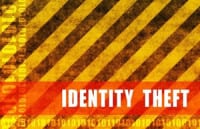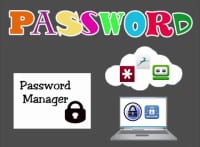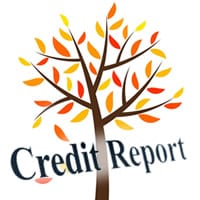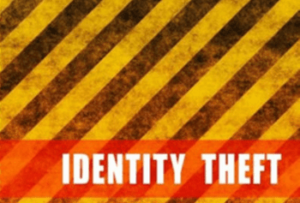Here’s the tip from July 30 – Credit month:
Sounds simple enough, we use the mail all the time for legitimate purposes. But others don’t and you have to be aware and take precautions.
- Don’t put your outgoing mail (especially bills) in your mailbox for someone to steal. Take it to an actual postal mailbox to mail.
- Don’t bring your mail to work to be mailed. Many companies have the mail sitting on the counter for anyone to take. Again, take it to an actual postal mailbox to mail.
- Don’t leave you incoming mail in the mail box all day for others to be able to grab. Talk to your Post Office about what you can do (locked mailbox, slot in your door etc). Maybe have your mail sent to a P O Box.
- Look at your mail promptly. Did you get a declined credit offer when you haven’t applied for credit? It could be a sign that someone may be attempting to open a credit card in your name.
There are many ways to steal someone’s identity, don’t make it easy on them.
To purchase a copy of either of my books Thrive In Five: Take Charge of Your Finances in 5 Minutes a Day or 111 Ways To Save
#JillRussoFoster #30WaysToSave
 an easy target.
an easy target.
 more. You can’t turn on the news or read a newspaper without learning about another breach.
more. You can’t turn on the news or read a newspaper without learning about another breach. hat make the news!
hat make the news!